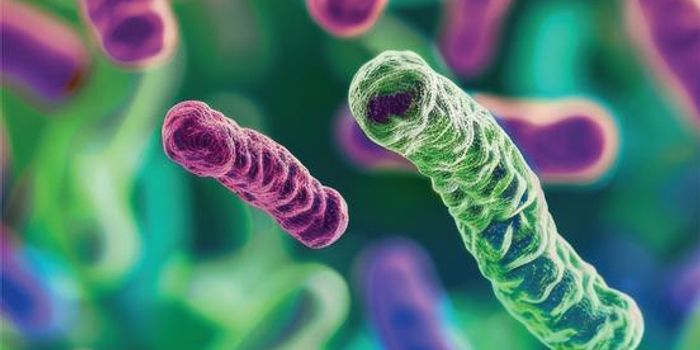Cranberry Supplements Improve Running Performance
A recent study published in the journal Physical Activity and Nutrition suggests that 28 days of cranberry supplementation can improve speed, blood lactate, and oxygen levels in trained runners.
The study included 14 trained runners who took a cranberry supplement every day for 28 days. The runners were tested on speed at baseline, at two hours after the first dose of cranberry supplement, and after the 28-day cranberry supplementation period. At these timepoints, blood lactate and oxygenation were also tested. Cranberries have high polyphenol and antioxidant content, which may protect against exercise-induced free radical production and improve performance. The goal of the study was to see how a cranberry supplement might improve athletic performance and lactate response.
The results showed that 28 days of cranberry supplementation improved athletic performance in the participants, including about a 1.5% increase in running speed and faster reoxygenation rates. Lactate buildup rates were also slowed for certain running distances. Overall, cranberry supplementation led to better muscle oxygenation, improved lactate clearance, and slower deoxygenation.
The authors noted that small improvements in performance, such as those seen in this study, can make the difference between placing first or in the middle of the pack for elite athletes. Use of dietary supplements is becoming more common among athletes, and cranberries may provide an easy and all-natural way to improve performance without resorting to steroids or other harmful substances. Running is a great way to improve cardiovascular fitness, and recreational athletes are also likely to benefit from the performance boost and antioxidant properties of cranberries. The American Heart Association lists both regular physical activity and an overall healthy eating pattern as essential to improving and maintaining heart health. Cranberry supplementation may provide a unique and simple way to improve both dietary quality and athletic performance.
Sources: Physical Activity and Nutrition, Science Daily








